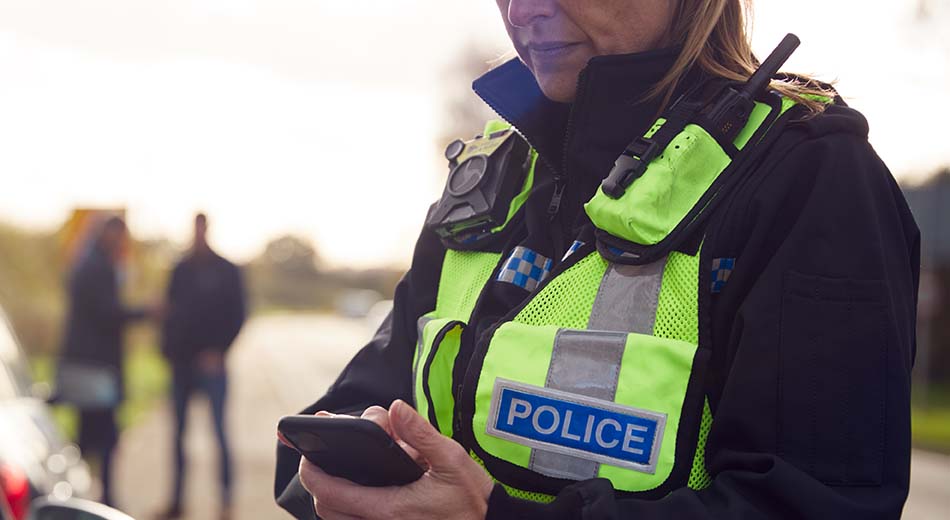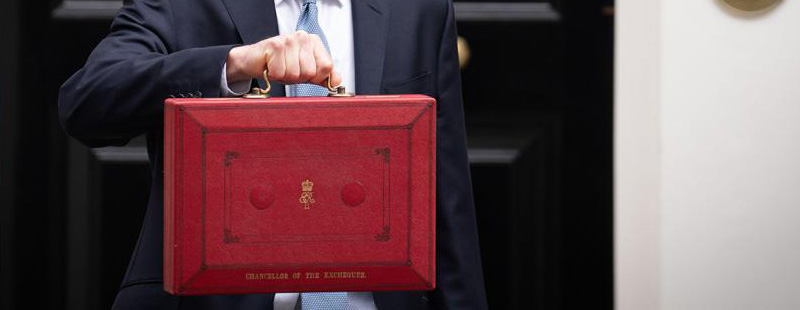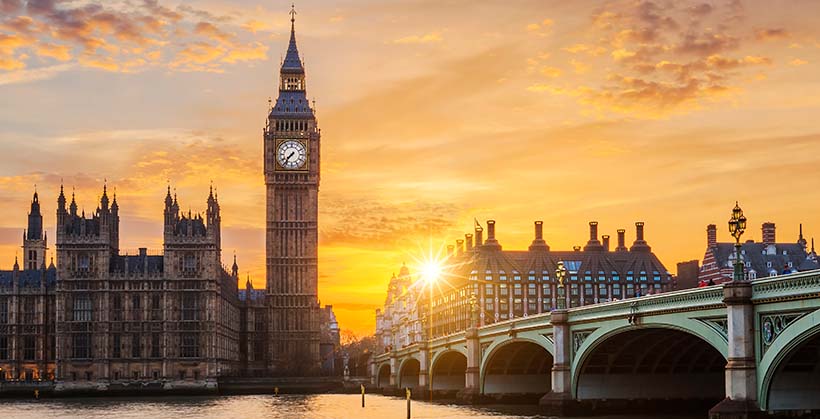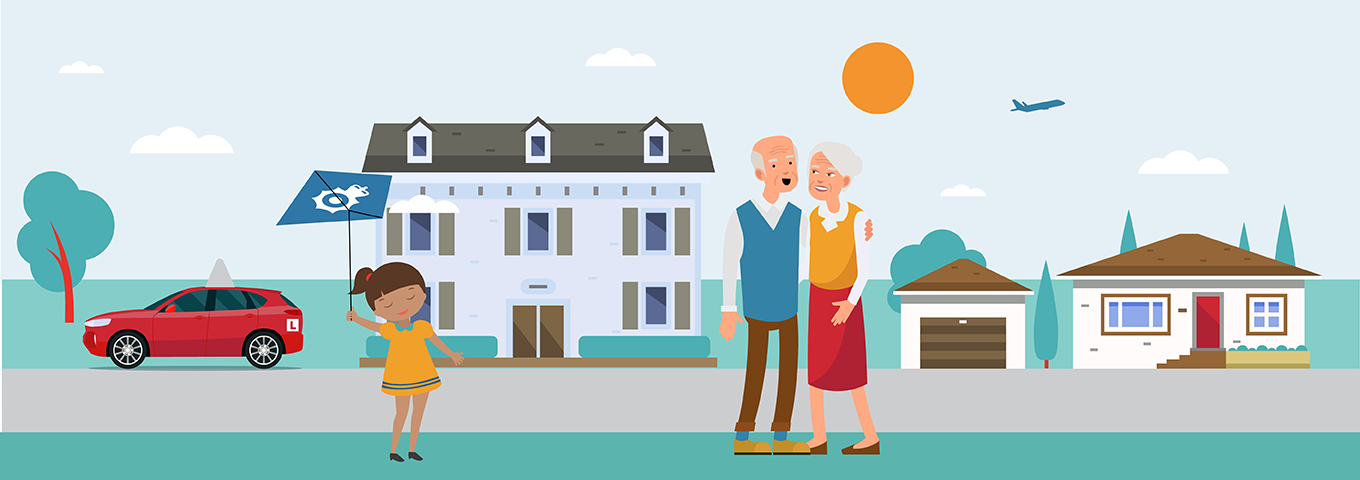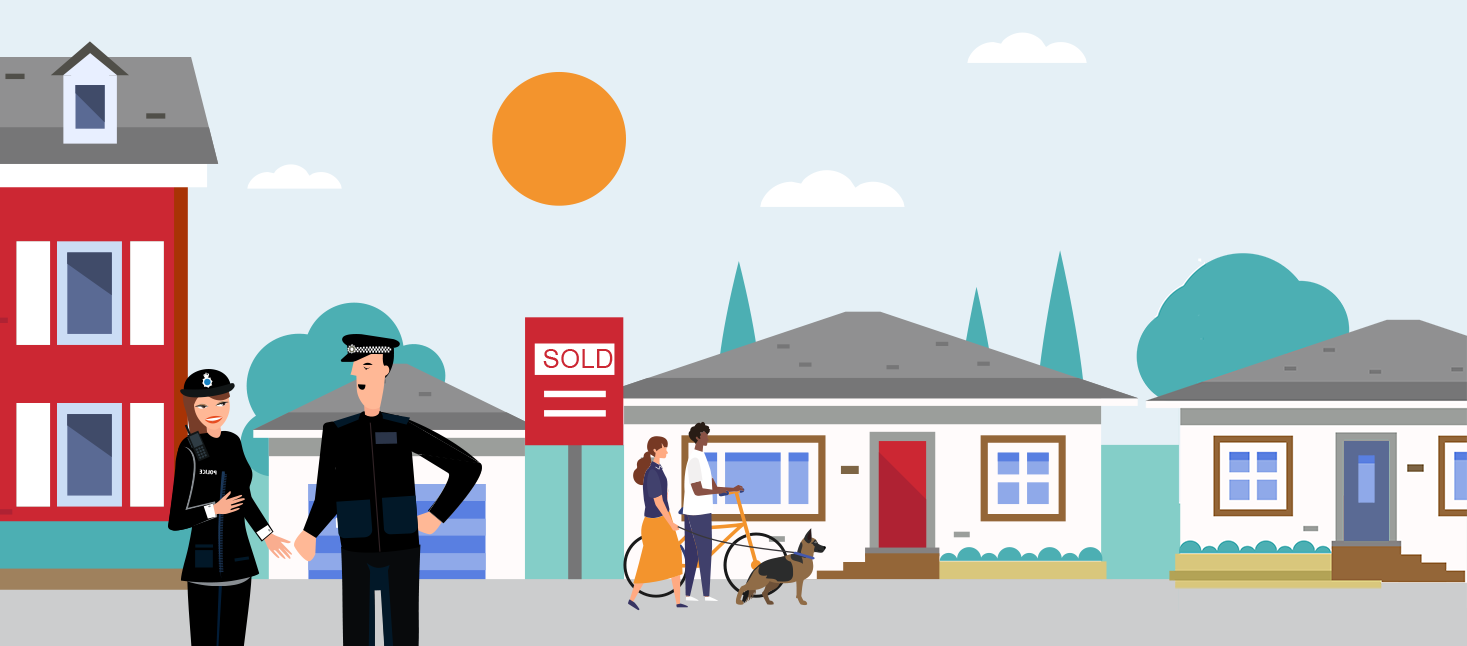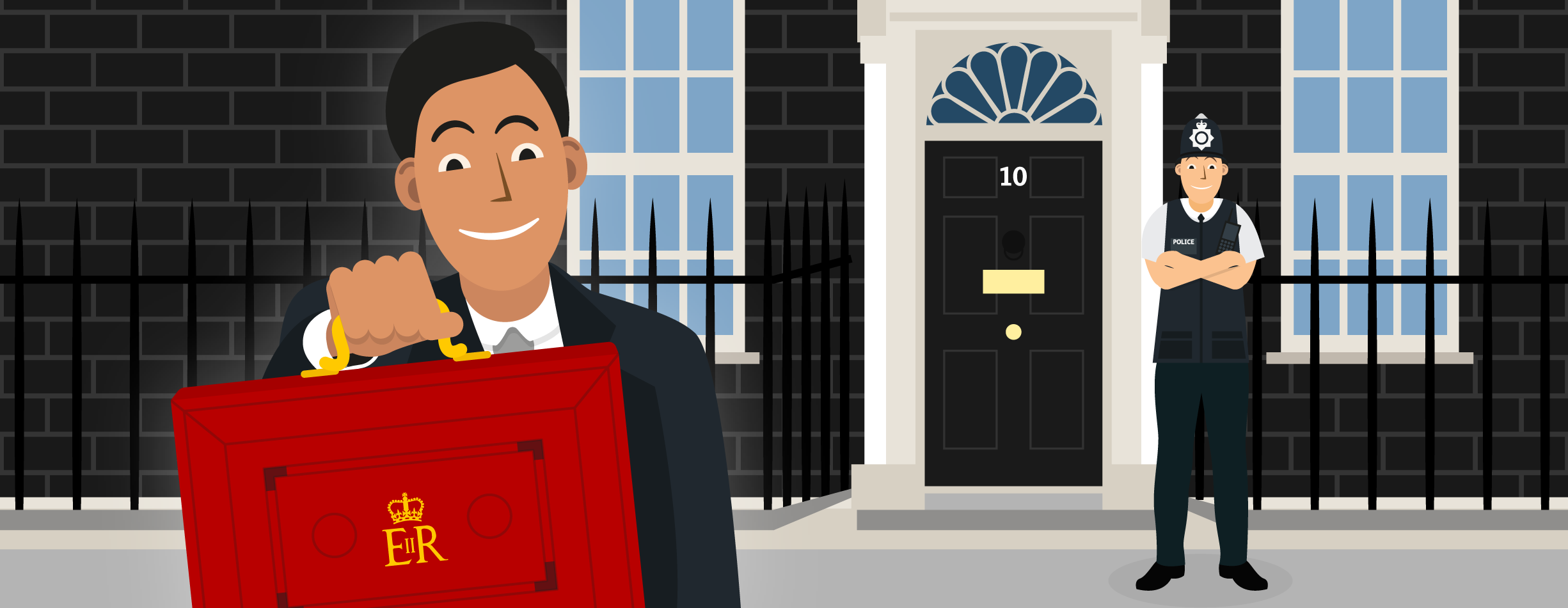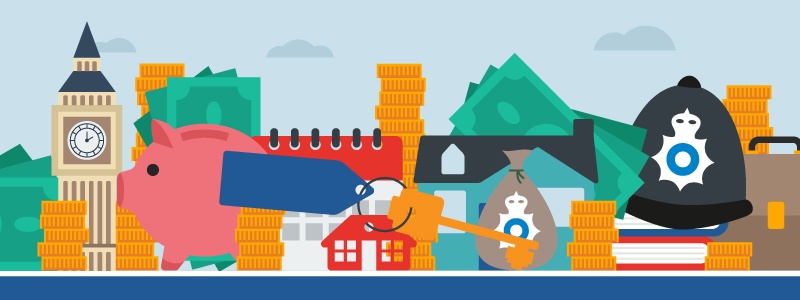There are so many things to consider when buying your first home. Saving your deposit is likely to be your main concern but there are other fees and charges that you should be aware of so that you can build them into your overall budget.
Some lenders will include various fees in your first-time buyer mortgage deal but others will charge extra. So it pays to make sure you check which fees are included and those that aren’t.
Here is a list of the most common fees and charges to look out for, so that you don’t get any nasty surprises. It is intended to be a summary only. We recommend that you seek legal and/or financial advice if you have any questions.
Early repayment charge (ERC)
An early repayment charge or redemption fee can be included on tracker, fixed, capped and discounted mortgage deals if you pay back the mortgage before the end of the term. There is no set amount but ERCs can add up to thousands of pounds so think carefully about how long you tie in to your mortgage before you sign up.
Electronic transfer fee
This fee covers the lender’s costs for transferring the mortgage money from the lender to the solicitor. It normally costs around £50.
Exit fee
An exit fee is charged when you close your mortgage account. You will be charged this fee if you switch to another lender, switch to another deal or pay-off your mortgage. The cost is often between £50 and £200.
Funds transfer fee
This fee is paid to your lender for transferring the mortgage money to your solicitor upon completion of your mortgage.
Higher lender charge (HLC)
Higher lending charges can be applied by lenders for buyers with small deposits who borrow a larger percentage of the purchase price.
Land Registry fee
When you buy a property from someone else the Land Registry charges a fee to transfer their register entry into your name. This is organised by your solicitor and is likely to cost between £200-£300 on properties between £100,000 and £500,000.
Legal fees
Legal fees are charged by your solicitor to do the paperwork on your new purchase. This process is known as conveyancing and will include drawing up, signing and exchanging contracts as well as agreeing what fixtures and fittings are included in the purchase. Your solicitor will also undertake a number of searches on your property, these will be charged on top of the legal fees. Solicitors often calculate their fees based on a percentage of the mortgage price. Before you settle on a solicitor ask for a couple of quotes to make sure you get the best deal. Some lenders can have offers that contribute to legal fees.
Local search fee
Your solicitor or conveyancer will carry out local searches to check if there are any local planning applications or problems that could affect the property you are buy. The cost will be on top of their legal costs and could be around £250.
Mortgage arrangement fee
Arrangement fees can be charged by lenders to set your mortgage. They can vary significantly but can cost up to £2000 depending on the deal. It is really important not to overlook this fee as it can have a big impact on the total cost. In some case it may be worth choosing a deal with a higher interest rate in return for a lower fee, rather than opting for a low interest rate with a high arrangement fee.
Mortgage booking fee
Some lenders charge a fee to secure a deal. You will have to pay this fee as soon as you submit an application and it’s usually non-refundable so you won’t get it back if your purchase falls through. It can cost between £99-£250.
Mortgage broker fee
If you choose to use a broker there may be a fee. Some get paid from the commission from the lender so there will be no fee and others will charge a fee. Fees are sometimes calculated as a percentage of the mortgage which can be expensive and others charge a fixed fee.
Mortgage valuation fee
Your mortgage lender will need to assess the value of the property you are purchasing to establish how much they are prepared to lend you. This is just a basic survey. Sometimes this cost is part of the mortgage deal but it can cost £150 or more. This is separate to your surveyor’s fees (see below).
Removal costs
You can use a professional removal company to help move your possessions. The costs vary depending upon how much you need to move and the distance you’re moving. If you don’t have a huge amount of possessions you can hire a van and do it yourself.
Stamp duty
Stamp duty is the government tax paid on homes costing over £125,000. However, first-time buyers pay no stamp duty on the first £300,000 for properties up to the value of £500,000. Use a stamp duty calculator to work out exactly how much you’ll pay if you buy your first property in England, Wales or Northern Ireland.
Surveyor’s fee
Before you buy your property get it checked by a surveyor to make sure you understand the extent of any problems. Surveyor’s fees range from around £250 to £600 or more depending on the type of survey you want.
Structural Survey
A structural survey is a detailed survey. Usually for older properties that have extensions or renovations where you want more assurance that there are no faults with the property.
HomeBuyers report
A HomeBuyers report checks the condition of your property (minor faults not major) and its value. These reports can be better value for properties of reasonable condition rather than have a structural survey.
For more tips on buying your first home, download our checklist.




